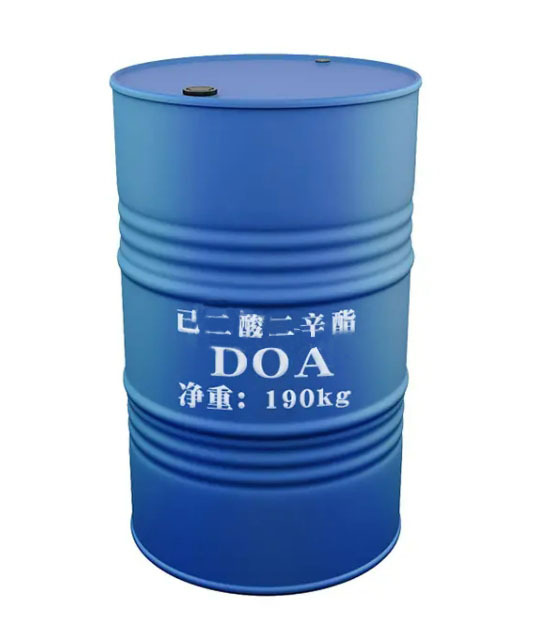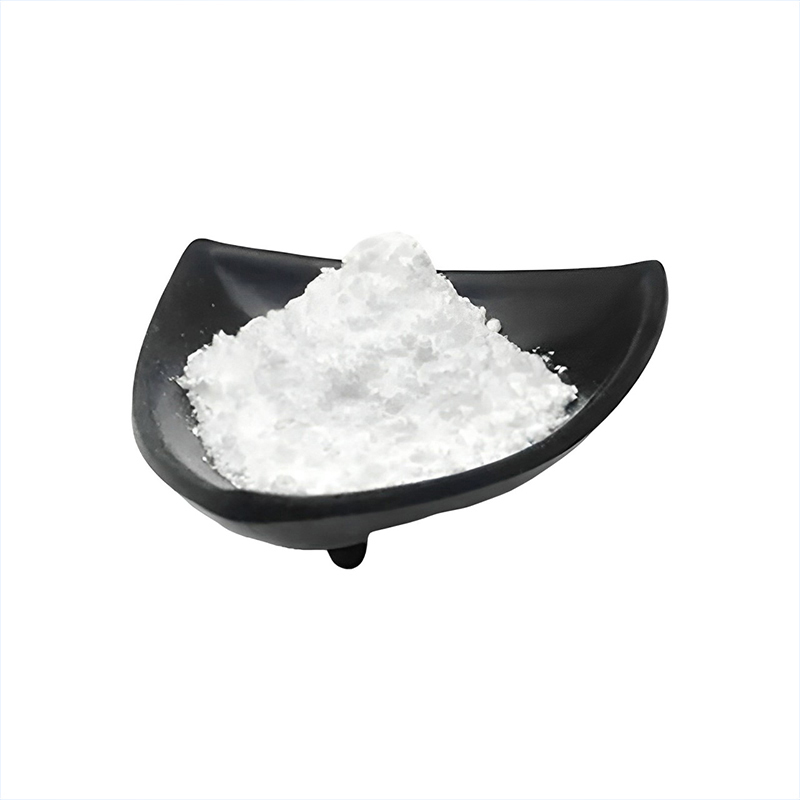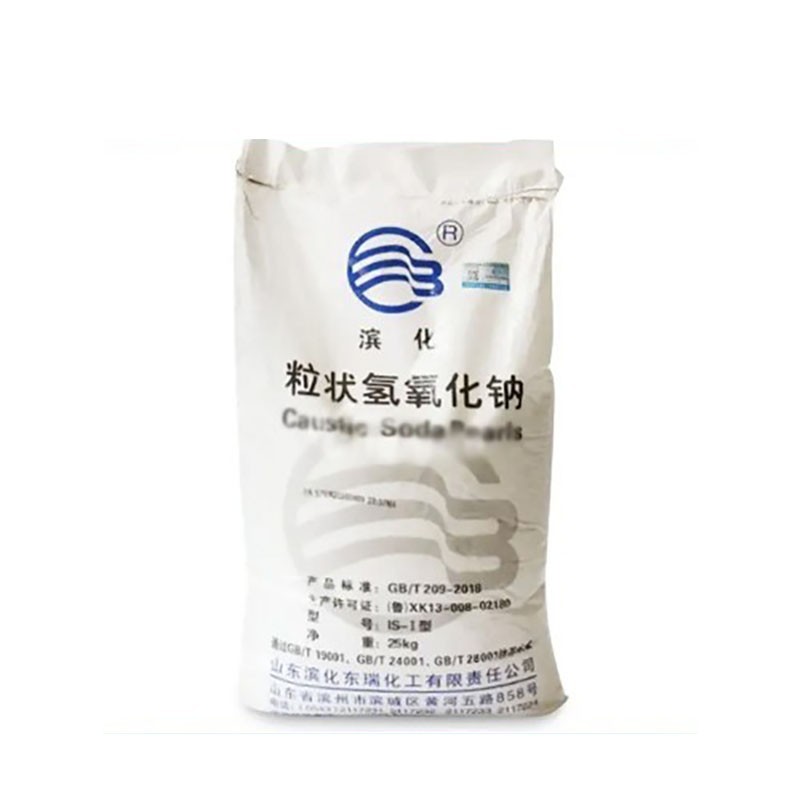Sorry, no matches were found for 'vehicles' Please try another keyword.
Request For Quotations
Q
who builds scion vehicles
I'm a seasoned industrial engineer with a keen interest in machine learning. Here to share insights on latest industry trends.
I'm a seasoned industrial engineer with a keen interest in machine learning. Here to share insights on latest industry trends.
You May Like
In medical terms, PVC stands for Premature Ventricular Contraction, a condition where the heart experiences extra, abnormal heartbeats originating in the ventricles, which are the heart's lower chambers. These contractions happen earlier than they should, disrupting the heart's normal rhythm. Although PVCs are common and often don't cause significant problems, they can sometimes lead to more severe heart conditions or indicate underlying heart disease. Symptoms might include palpitations or a feeling of skipped heartbeats. Treatment isn’t always necessary but could involve lifestyle changes or medication depending on the frequency of PVCs and any underlying conditions.
Cellulose, a complex carbohydrate and the main constituent of plant cell walls, is indigestible by humans due to the lack of cellulase enzymes. However, certain organisms can digest cellulose, including some bacteria, fungi, and protozoans found in the gut of herbivores like cows, horses, and sheep. These microorganisms break down cellulose into simpler sugars that the host can absorb, providing a crucial energy source. Termites also rely on gut bacteria and protozoans for cellulose digestion. Ruminants, such as cows, have a specialized stomach compartment, the rumen, where microbial fermentation of cellulose occurs. This symbiotic relationship between herbivores and their gut flora is essential for their survival, allowing them to derive energy from plants. Additionally, cellulase-producing bacteria are used in various industrial processes, such as biofuel production, where they help in breaking down plant biomass into fermentable sugars.
When selecting an epoxy for a cutting board, it's crucial to opt for a product that is specifically labeled as “food safe” once fully cured. Many epoxies may claim to be safe for incidental food contact, but for cutting boards that come into direct and frequent contact with food, you need an epoxy that complies with FDA regulations under 21 CFR 175.300, indicating it's safe for direct contact with food. A popular choice among woodworkers and DIY enthusiasts is an epoxy resin that is clear, durable, and has a high resistance to heat and chemicals once cured. Additionally, ensure the epoxy is BPA-free and has low or no VOCs to guarantee safety and minimal environmental impact. Remember to follow the manufacturer's instructions for mixing, application, and curing times to ensure the best results and food safety.
Recommended Suppliers
You May Like
-
 Dry ground sericite mica powder 1250 mesh
Dry ground sericite mica powder 1250 mesh -
 Newest hot sale cornstarch lunch box food grade take out paper packaging food box environmentally friendly meal box
Newest hot sale cornstarch lunch box food grade take out paper packaging food box environmentally friendly meal box -
 DOA (Dioctyl Adipate)Plasticizer
DOA (Dioctyl Adipate)Plasticizer -
 Sodium alginate 300-800CPS
Sodium alginate 300-800CPS -
 High purity Sodium ascorbate USP
High purity Sodium ascorbate USP -
 Talcum powder plastic grade 1250mesh
Talcum powder plastic grade 1250mesh -
 Caustic Soda Pearls
Caustic Soda Pearls
Q&A
- •do lantibiotics bind to size exclusion resin
- •how to preserve petals in resin
- •how are amino acids categorized by the chemical properties
- •how to induce charge carriers in conjugated polymers
- •how to fill epson et 2720 with sublimation ink
Popular Information
- •This Week, the Titanium Tetrachloride Market Remained Strong (March 18-22)
- •PE Market Fluctuated Down on February As Slow Recovery of Downstream
- •NALCO may move review petition on cancellation of a coal block
- •China PVC Spot Market Prices Continued to Fall in October
- •Tokuyama, Panasonic start demo project using hydrogen byproduct for fuel-cell generators










